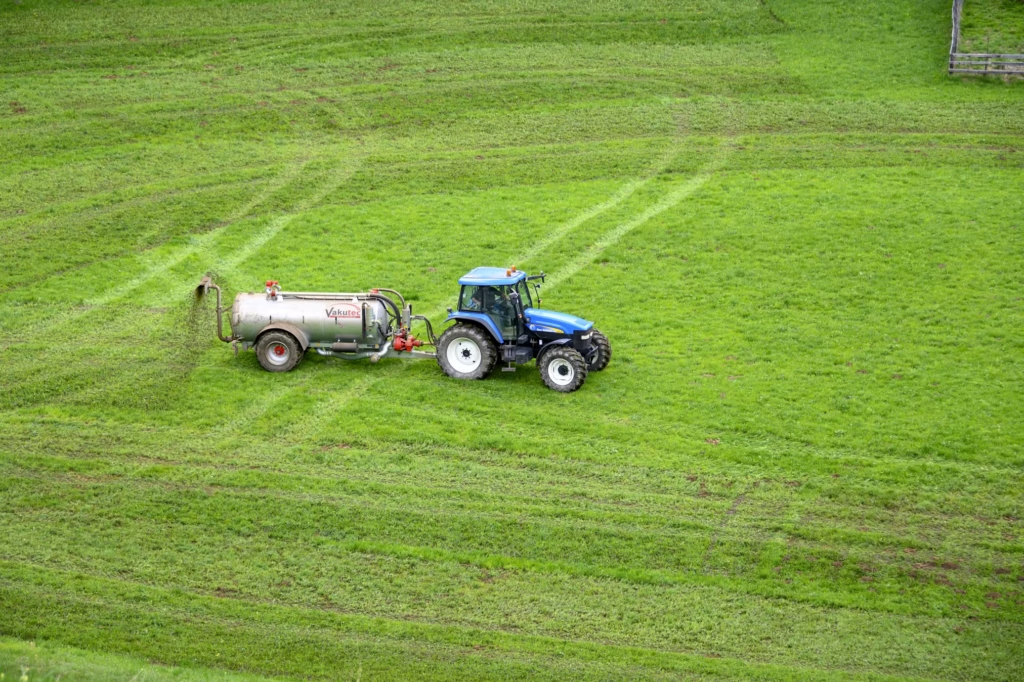Climate change is no longer a distant threat; it’s here, and its impact on global agriculture is becoming increasingly apparent. Changes in temperature, precipitation patterns, and extreme weather events are directly affecting crop yields, food production, and farmers’ ability to grow sufficient crops to meet global demand.
Shifts in Crop Yields
In regions where the climate is already warm, rising temperatures are making it difficult to grow traditional crops such as wheat, corn, and rice. Droughts, extreme heat, and unpredictable weather patterns are disrupting planting schedules and reducing crop yields.
Conversely, some colder regions, such as parts of Canada and northern Europe, may see longer growing seasons due to warming temperatures, potentially opening up new areas for agriculture. However, these gains will likely be offset by the challenges faced by other regions.
Sustainable Farming Practices
Farmers are beginning to adapt to climate change by adopting more sustainable practices. Crop rotation, conservation tillage, and the use of drought-resistant crops are just a few of the techniques being used to mitigate the impact of climate change. Additionally, precision agriculture, which uses data-driven technology to optimize farming practices, is becoming more prevalent.
By using technology to monitor soil health, water usage, and pest control, farmers can make more informed decisions that reduce waste and improve yields.
Impact on Global Food Security
As crop yields fluctuate, food security becomes an even more pressing concern. Regions that rely heavily on agriculture for their economy, such as sub-Saharan Africa and parts of Asia, are facing increased risks of food shortages. Rising food prices due to lower crop yields could lead to social unrest and worsen global inequality.
To ensure long-term food security, nations must work together to develop strategies that address climate change’s impact on agriculture. This may involve investing in technology, improving irrigation systems, and promoting sustainable farming techniques.
Conclusion: A Call for Action
Climate change poses a significant threat to global agriculture, but through innovation, sustainability, and collaboration, the agricultural sector can adapt and continue to meet the world’s food demands. Governments, businesses, and individuals must take action now to ensure a food-secure future for all.
